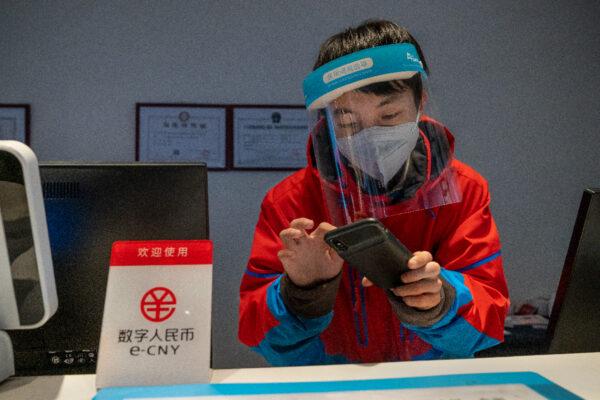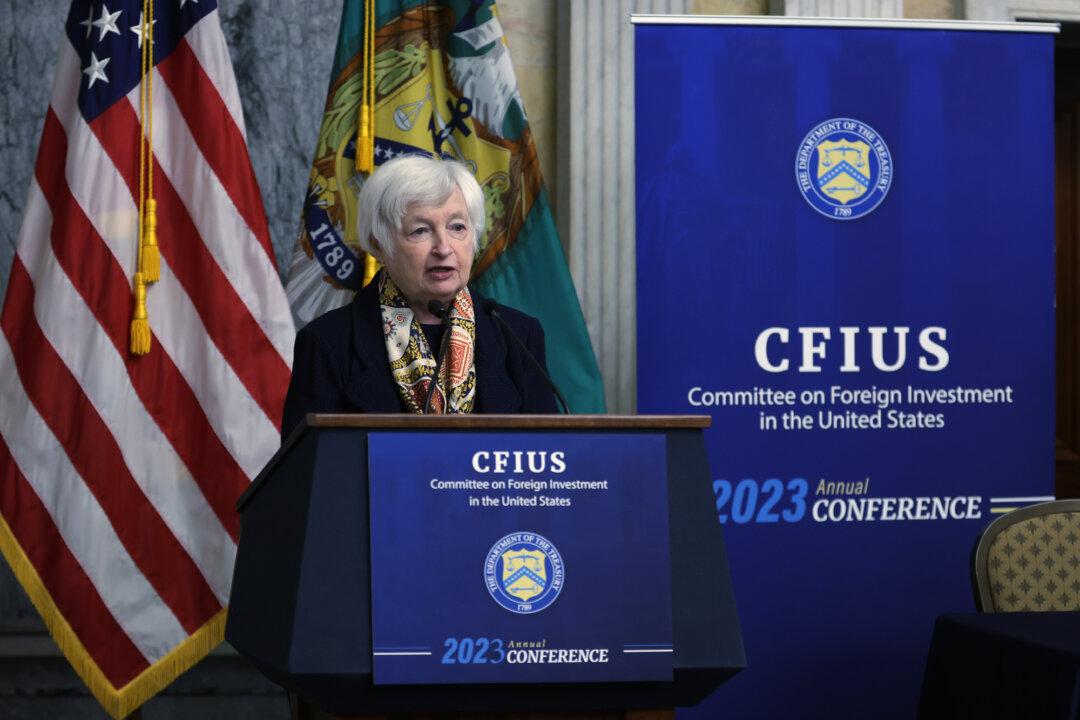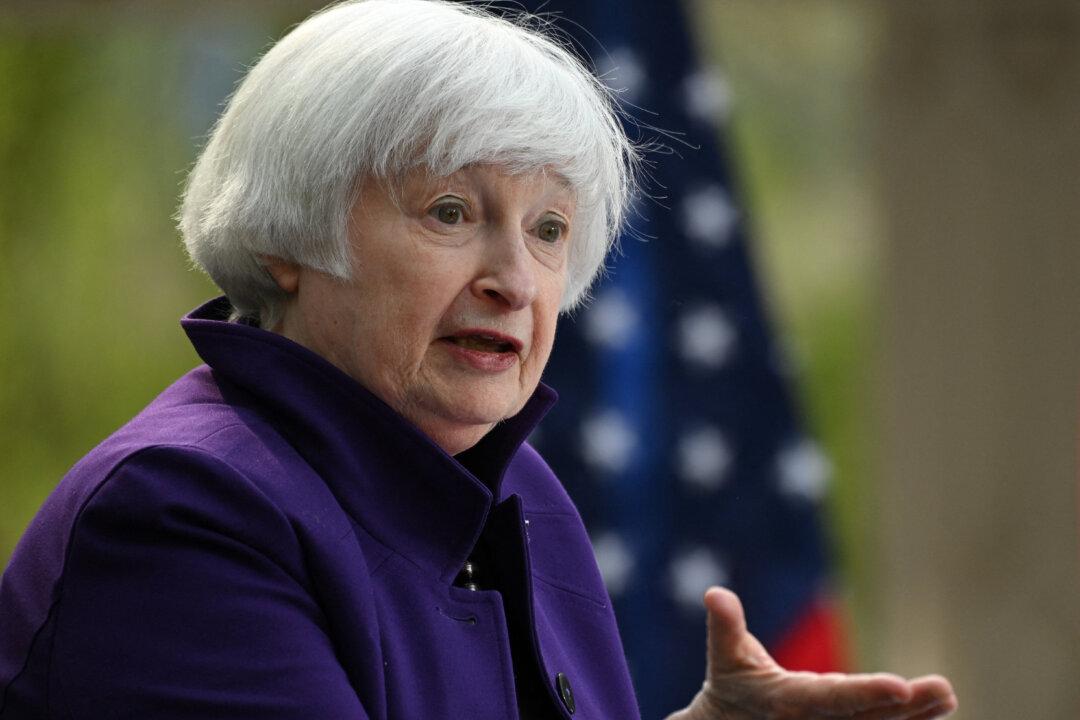As Russia is hit by a spate of sanctions from around the globe, a group of U.S. lawmakers want new standards and guidelines for dealing with the Chinese Communist Party (CCP) central bank’s digital yuan, the digital currency of Moscow’s top trade partner and closet strategic partner.
If passed, the Secretary of Commerce will submit a report on the blockchain-based service network as well as trade enforcement activities relating to digital yuan, while the Department of State will issue a warning on the digital currency.
The legislation also requires the Office of Management and Budget to develop standards for using and transferring digital yuan, while demanding foreign governments receive assistance through the Foreign Military Financing Program to disclose if they use CBDC.
“The Chinese Communist Party is continuing its effort to control every aspect of life through their digital yuan, and this has serious privacy concerns for anyone using it,” Sen. Cynthia Lummis (R-Wyo.), the bill’s other co-sponsor, said in a statement.
“The American people deserve the truth about how China’s government will use this digital currency to spy on and manipulate its people, and anyone who adopts it.”

Unlike the West, the Chinese regime has so far refused to characterize Moscow’s actions as an invasion nor denounce the attack.
On March 11, Chinese Premier Li Keqiang stopped short of condemning Russia’s attack on Ukraine and repeated the regime’s earlier criticism of the West’s sanctions at a news conference at the close of the annual meeting of the country’s rubber-stamp legislature in Beijing.
Li side-stepped a question about whether China would offer further financial and economic support for Russia as it faces sanctions.





Friends Read Free